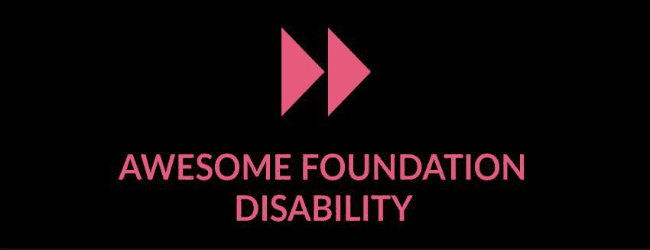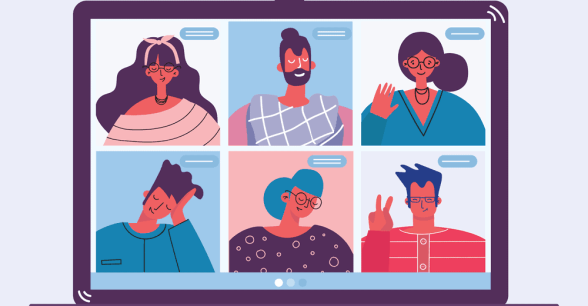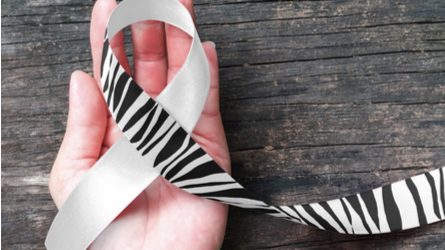Empowering Awesome Innovation in the Disability Community
What does an art project in Uganda, an organic urban garden cooperative in Ecuador, and a Peer-To-Peer Wheelchair Repair program in the Bay Area have in common?
They’re all projects that support the disability community, funded by people with disabilities.
The Awesome Foundation Disability Chapter, or #AwesomeDisability, consists of 10 trustees, all of whom identify as having a disability. We are a super group of 10 changemakers, entrepreneurs and advocates from all over the world, from the United States, to New Zealand, to South Africa. Our work lives and personal lives intersect with disability daily. Together, we award monthly $1,000 micro-grants to people and projects that are working hard to make a positive difference in the disability community.
Katie Savin, who runs Peer-To-Peer Wheelchair Repair, was June’s Awesome Disability grant winner. “I am honored and thrilled to receive the Awesome Disability award! While Congress places our health care and liberty under attack, disabled people need to find creative ways to use our own community as sources of support. My goal for these funds is to contribute to our community’s capacity to upkeep our wheelchairs and by extension our liberty. My wheelchair made it possible for me to protest the Senate healthcare bill. Our community’s potential is endless when our basic needs are met!“
Awesome Disability empowers innovators like Katie in the disability community through access to funding. Not only can $1,000 turn an incredible idea into a reality, but also it can instill confidence in individuals who are part of a community that experiences inequality and a lack of support all too often. We have come together to empower the development of solutions for the disabled community, by the disabled community.

In the social innovation world, this is called “ownership of change,” which means that the most high impact solutions come from deep insights and understanding of what we are trying to solve. In our case, the capital for the grants we award to members of the disability community comes from members of the disability community. Talk about taking ownership of our future.
Since launching in April, in addition to supporting Katie Savin’s wheelchair repair program, we’ve also proudly supported Batale Fred’s art and design skills workshops in Uganda (Disability Art Project Uganda) and Margorie Yana’s organic urban garden cooperative in Ecuador (Huertomanías).
We could not be more excited to have a group of people in the disabled community come together to fund projects directly connected to the disability space. We want to pay it forward, and this is just the beginning. Think of what can happen when this kind of change becomes the standard, when we enabled those who have the insight and solutions to make change happen.
Awesome Disability is looking for innovation, a clear outline of what the grant will be used for, and the grant’s importance for the project. Everyone is encouraged to apply, regardless of the stage of their project. Note that some trustees prefer to shortlist individuals that identify as disabled or organizations that are run by disabled people. Applications open at the start of each month and close on the 15th, with a decision on the winning project made by the end of the month.
We hope you’ll join us at http://disability.awesomefoundation.org.
About Rooted In Rights
Rooted in Rights exists to amplify the perspectives of the disability community. Blog posts and storyteller videos that we publish and content we re-share on social media do not necessarily reflect the opinions or values of Rooted in Rights nor indicate an endorsement of a program or service by Rooted in Rights. We respect and aim to reflect the diversity of opinions and experiences of the disability community. Rooted in Rights seeks to highlight discussions, not direct them. Learn more about Rooted In Rights



